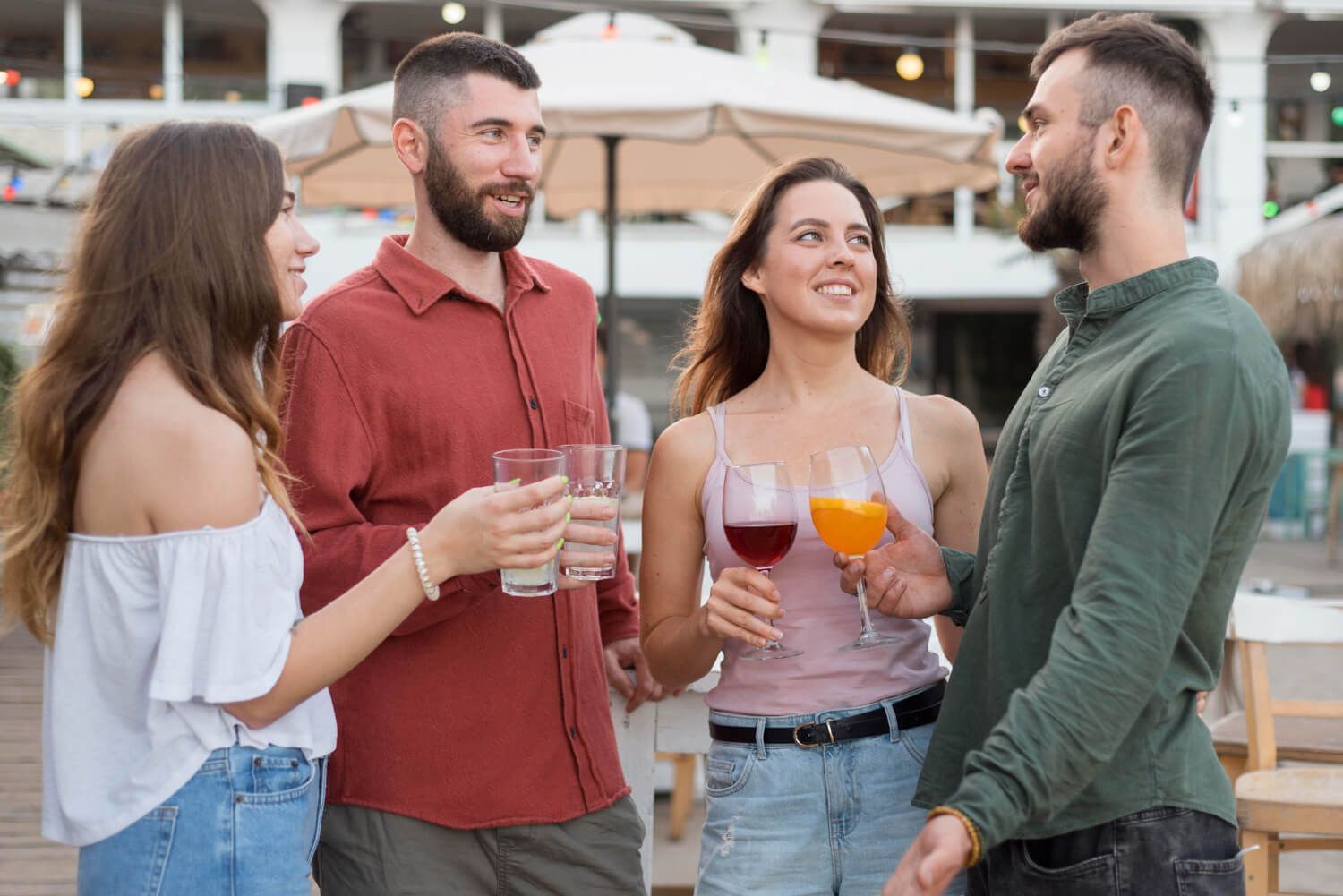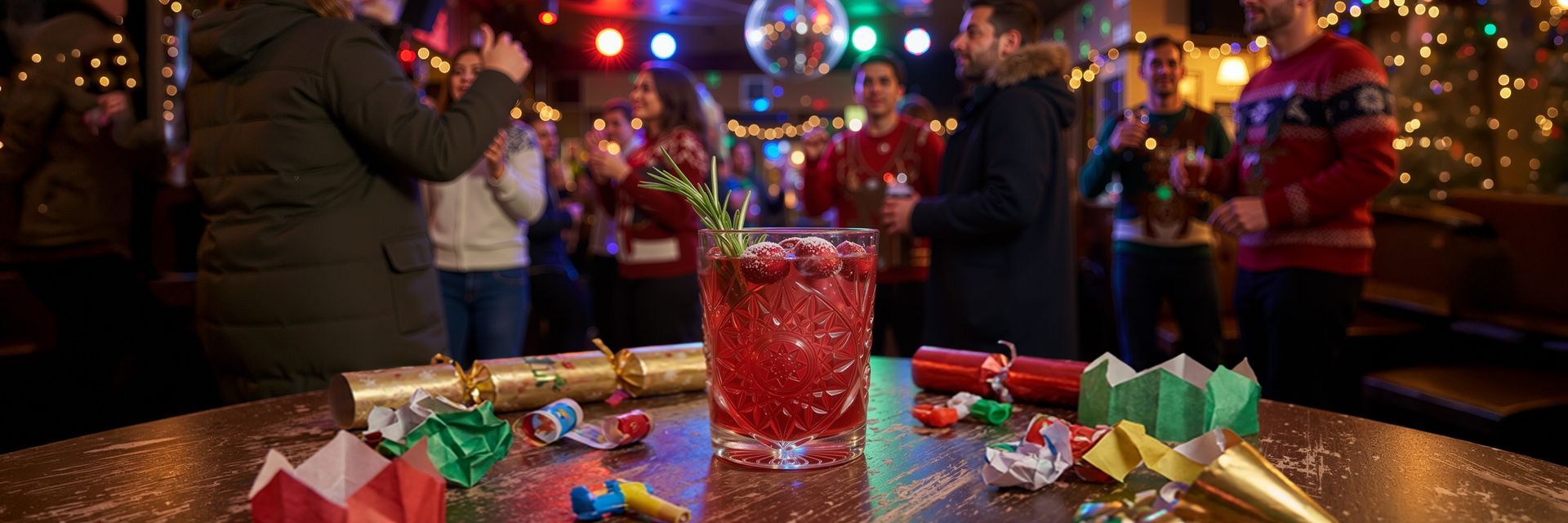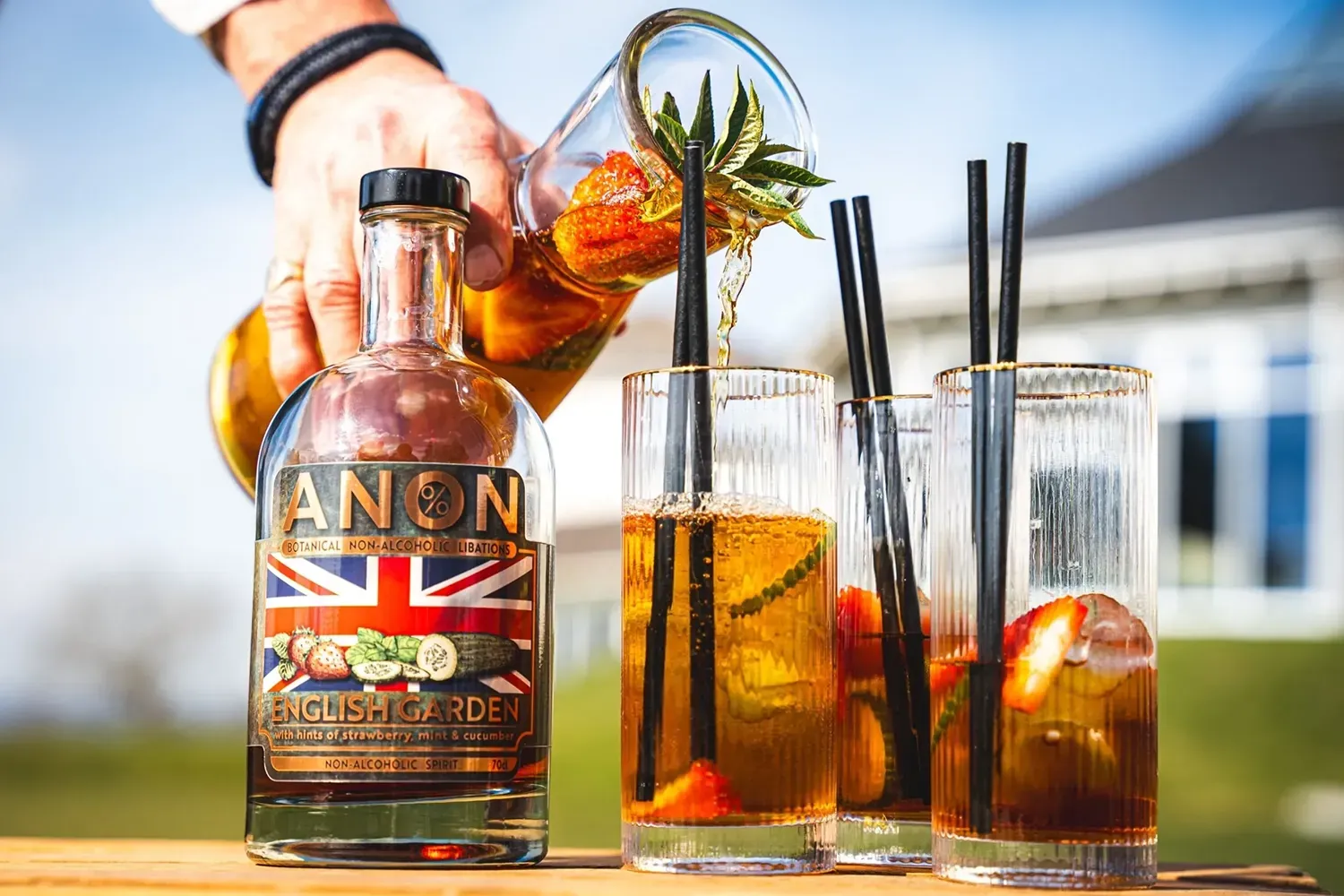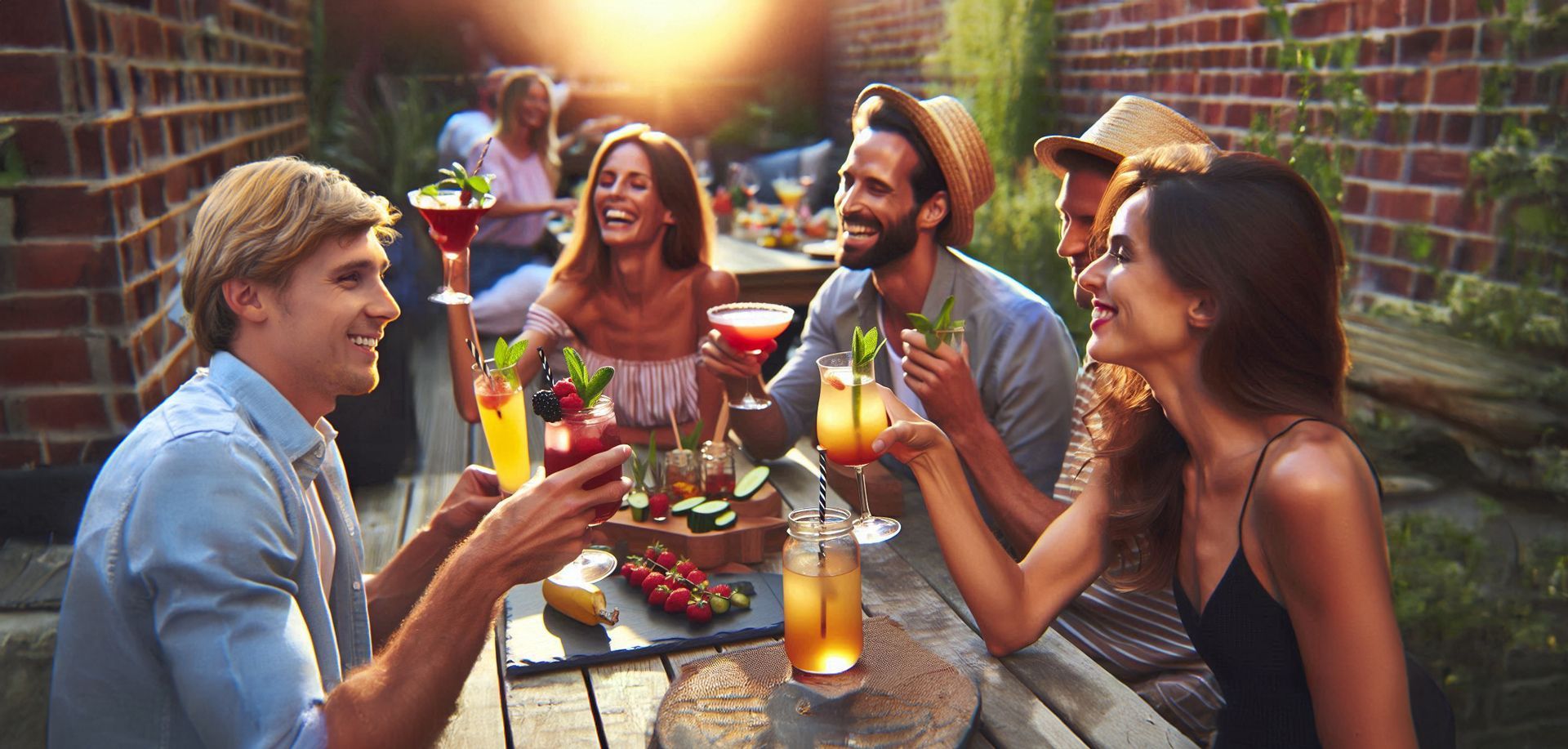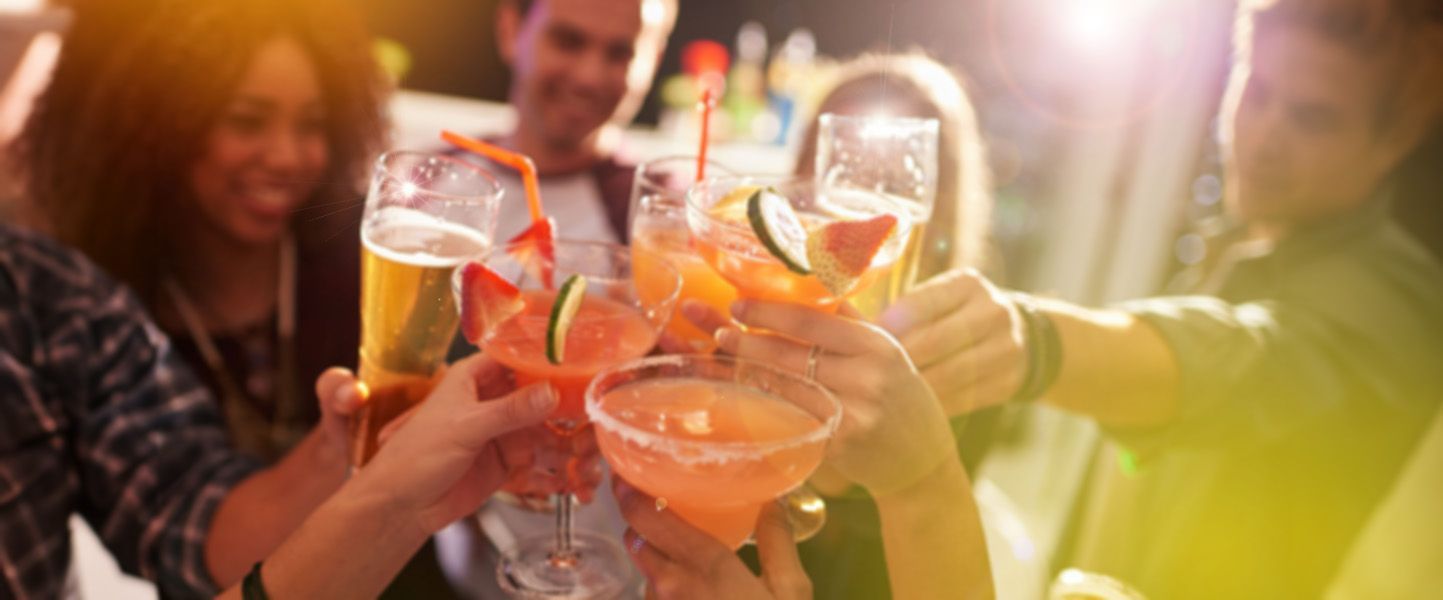Why Gen Z is Growing Up Alcohol-Free: The Rise of Low and No-Alcoholic Brands
Over the past two decades, the drinking habits of younger generations have shifted dramatically. Gen Z, in particular, is leading the charge towards a more health-conscious and mindful lifestyle, with a growing number of young people choosing to drink less or avoid alcohol altogether. This shift has contributed to the ever-increasing demand for low- and non-alcoholic beverages, reflecting a broader cultural change that prioritises well-being over intoxication and social conformity.
The Decline in Youth Drinking
Statistics show a significant decline in alcohol consumption among young people compared to 20 years ago. In the UK, a 2019 study revealed that 26% of 16-to-25-year-olds were teetotal, the highest percentage among any age group. Similarly, in the US and Australia, young adults drink less frequently and in smaller quantities than previous generations. This shift is not a fleeting trend but a widespread movement across many high-income countries, with Gen Z setting new standards for a healthier lifestyle.
More recent data from 2023 shows that this trend continues, with reports highlighting an even more significant number of Gen Zers in developed countries embracing an alcohol-free lifestyle. According to an IWSR Drinks Market Analysis survey, non-alcoholic drinks are becoming mainstream in bars, supermarkets, and even at home, with 31% projected growth by 2024 across significant markets.
Why Are Gen Zers Drinking Less?
Several factors are contributing to the reduced alcohol consumption among Gen Z:
- Health Consciousness: A heightened awareness of the health risks associated with drinking is one of the primary reasons Gen Z is moving away from alcohol. With access to more information through the internet and social media, this generation is highly educated about the harmful effects alcohol can have on their physical and mental well-being. Many Gen Zers view alcohol as something that can increase vulnerability, anxiety or even lead to addiction, prompting them to reconsider their relationship with drinking.
- Mental Health Awareness: Young people today are more open about mental health issues, such as anxiety and depression. For many, alcohol is seen as a potential trigger for these conditions. Gen Z prefers to protect their mental well-being, often associating alcohol with negative emotional states, which has led to a rise in the popularity of alcohol-free socialising.
- Social Media and Image:
The social media landscape is crucial in shaping Gen Z's attitudes toward alcohol. With the risk of drunken behaviour being caught on camera and shared online, Gen Z is highly conscious of their brand and public perception. This has made excessive drinking less appealing, as young people prefer to remain in control during social events.
- Financial Pressures: Gen Z has grown up during rising living costs, student debt, and economic uncertainty. For many, alcohol is seen as an unnecessary expense, especially when compared to healthier, cheaper alternatives. This is prompting young people to prioritise activities that don’t involve heavy spending on drinks, choosing more enriching experiences that fit into their budget and lifestyle.

The Rise of Low and No-Alcoholic Drinks
The rise of alcohol-free spirits is not just about personal health and well-being; it is also a social trend that is gaining momentum around the world. More and more people are opting for alcohol-free options when socialising, whether it's at a bar, restaurant, or social gathering. This shift in social norms is creating a more inclusive and accepting environment for individuals who choose not to drink alcohol.
Alcohol-free spirits also provide an opportunity for individuals to explore their creativity and experiment with new flavours and ingredients. Whether it's hosting a alcohol-free cocktail party, creating a signature alcohol-free drink for a special occasion, or simply trying out a new alcohol-free spirit, these beverages offer a world of possibilities.
The future of the alcohol-free spirits market
As fewer young people embrace alcohol, the beverage industry is adapting to meet their changing preferences. Low- and non-alcoholic drinks have surged in popularity, offering an appealing alternative for those who want to socialise without the side effects of alcohol. According to
IWSR Drinks Market Analysis, the global consumption of no and low-alcohol drinks is
projected to grow by over 31% by 2024, driven by Gen Z’s demand for healthier choices.
This shift has led to innovation in the drinks industry, with bars and restaurants offering a wider range of alcohol-free cocktails, mocktails, and premium non-alcoholic spirits. The days of teetotallers feeling left out at social events are over, as these new products reflect a broader cultural shift towards inclusivity and mindful drinking.

Societal Impact: A New Drinking Culture
The shift away from alcohol is creating a ripple effect across industries. Hospitality, nightlife, and events adapt to this new, sober-curious generation. Many social activities, from concerts to brunches, are now designed with alcohol-free options in mind. Social venues are becoming more creative, adding experiences such as live entertainment, immersive games, and wellness activities to replace alcohol as the focal point.
This transformation reflects a broader change in societal norms. For Gen Z, socialising is not just about drinking, but about making meaningful connections and experiences. The rise of alcohol-free drinks also ties into more significant trends in wellness, sustainability, and mental health, where moderation and balance are celebrated.
The Future of Drinking: Quality Over Quantity
For Gen Z, drinking is no longer about getting drunk but about quality experiences. When they do choose to drink, they often opt for premium products like craft cocktails, hard seltzers, and drinks with lower alcohol content. This shift in attitude creates demand for brands that align with their health, sustainability, and conscious consumption values.
In a world where wellness is front and centre, the alcohol industry must continue to evolve. Brands that embrace this change and offer exciting, high-quality alternatives to traditional alcoholic beverages are set to thrive in the coming years. Consumers are also becoming more discerning, seeking products that fit into their healthier lifestyles while offering enjoyable flavours and social experiences.
Conclusion: Embracing a sober revolution
Gen Z is leading a new era of drinking habits, one that prioritises health, mindfulness, and moderation. As young people increasingly turn away from alcohol, the demand for low and no-alcohol brands will only grow. This trend is not just a passing phase but a reflection of a more profound cultural shift that will shape the future of the beverage industry for years to come.
By staying attuned to these preferences and offering products that cater to this alcohol-free lifestyle, brands can meet the needs of a generation that values well-being, sustainability, and conscious choices.
Julian Ebbutt
ANON Drinks Oct 2024

